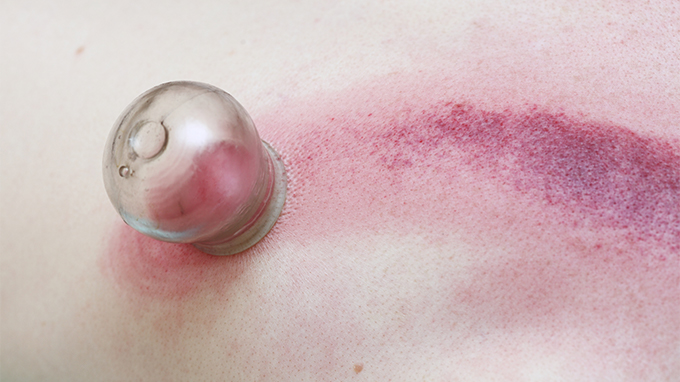Causes of gastroenteritis
Gastroenteritis is usually caused by microbial infections, but also by chemical poisons or drugs. Typical clinical manifestations are diarrhea, nausea, vomiting, and abdominal pain.
For healthy adults, gastroenteritis usually only causes discomfort and inconvenience in life, and does not cause serious consequences, but it can be done in patients who are seriously ill, weak, young or old Causes life-threatening dehydration and electrolyte disorders.
Causes of gastroenteritis
infectious gastroenteritis can be caused by infection with viruses, bacteria, and parasites. Poisons and drugs can cause chemical gastroenteritis.
Viral infection is the most common cause of gastroenteritis. There are a variety of viruses that can cause gastroenteritis, the most common is rotavirus, followed by Norwalk virus, astrovirus and enteric adenovirus.
Common infection routes are: food (especially seafood), contaminated water sources, contact with infected persons, unclean tableware, and not washing hands before eating.
Clinical manifestations of gastroenteritis
The type and severity of gastroenteritis symptoms depend on the type and amount of microorganisms or poisons.
The most common symptom is diarrhea. Other symptoms include: abdominal pain, nausea, vomiting, fever, loss of appetite, weight loss (may be a sign of dehydration), excessive sweating, wet skin, muscle pain or joints Stiffness, incontinence, etc.
Severe vomiting and diarrhea can quickly lead to dehydration, its performance is weak, extreme thirst, oliguria or darkening of the urine, dry skin, dry mouth, sunken eyes, the baby can also appear when crying Less tears.
Severe vomiting or diarrhea can cause hyponatremia, hypokalemia, and hypotension. Patients who drink large amounts of salt-free or salt-free water to replenish fluids are particularly prone to hyponatremia.
Water and electrolyte disturbances have potential risks, especially for patients who are seriously ill, weak, young or old. In severe cases, shock and renal failure can occur.
Prevention of gastroenteritis
1. Don’t eat unclean melons
Melons should be watered during growth 、Fertilization, spraying pesticides, during the collection, handling and sale process, it is easy to be infected by bacteria, so that many melons and fruits have bacteria, insect eggs and chemical pesticides on their epidermis. Therefore, fruits and vegetables must be washed repeatedly with fresh water several times before eating. Eat again. All fruits and melons that can be peeled should be peeled and eaten, otherwise, pesticide poisoning will easily occur.
2. Avoid eating irritating diets
Choice of cold and spicy foods and other irritating foods according to personal conditions, original eating habits and seasons, avoid overeating, especially not Should be alcoholic.
3. Wash hands frequently, pay attention to tableware hygiene, place raw food and cooked food separately.
Related Articles

- What are the symptoms of Crohn's disease?
- 2020-12-17

- Teach you a few tricks to deal with your child's jaundice
- In the clinic, we found that half of the newborn babies will become yellow (60% full term infants, 80% premature infants). Such children are usually diagnosed as neonatal jaundice. The reas
- 2020-08-02

- Why Chinese mothers breastfeeding rate is not high
- Today, the proportion of Chinese mothers who breastfeed exclusively is not high. Information shows that the proportion of Chinese mothers who are "breastfeeding" is 52.4%; followed
- 2020-08-02

- Breastfeeding children are more adaptable to the outside world
- Breastfeeding has many benefits. The latest research shows that breastfeeding children are more adaptable to the outside world. Studies have shown that breastfeeding children aged 0 to 1 y
- 2020-08-02

- Breastfeeding is good for mothers
- Everyone knows the benefits of breastfeeding, and has repeatedly emphasized that 4-6 months of exclusive breastfeeding is enough. However, according to surveys, breastfeeding rates in China
- 2020-08-02

- Baby grow up, how to add food supplement
- Xiaobao is 7 months old. The baby''s grandma said that it is time to add supplementary food to the baby. This morning, Grandma carefully steamed the eggs for her grandson. She told
- 2020-08-01
